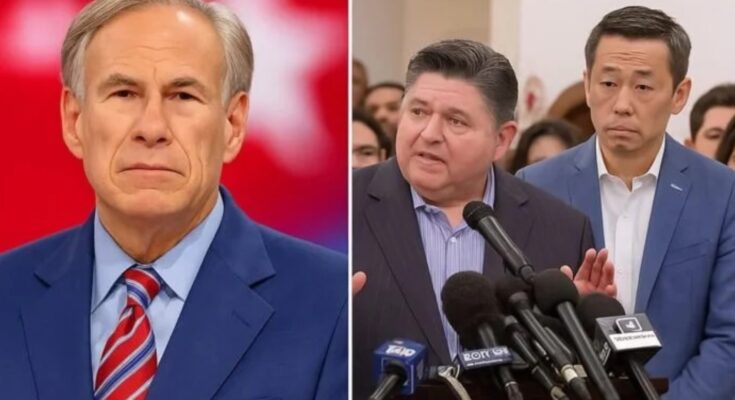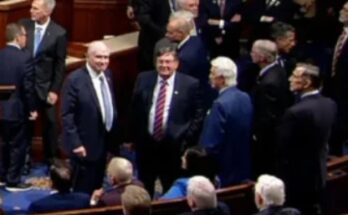In a bold and unprecedented move aimed at compelling absent lawmakers to return to the Capitol, the Texas House has just voted to revoke direct deposit access for the Democratic members who have fled the state in protest. Under this new measure, these lawmakers will not receive their paychecks until they physically return to Texas, with no exceptions. This drastic step comes after weeks of political gridlock, during which many Democratic members broke quorum in an effort to block a controversial voting legislation that they oppose.
In addition to withholding their pay, each absent member is now facing a hefty fine of $500 per day for every day they remain absent from the state. As the days pass, the fines are rapidly accumulating, adding up to significant amounts for those who continue to stay away. The move is seen as a direct attempt by Texas lawmakers to put financial pressure on their colleagues and bring them back into the fold.
This latest development is quickly escalating tensions in Austin, with frustration mounting among state leaders. The standoff has already sparked intense national debate, as both supporters and critics of the measure voice strong opinions. Proponents argue that the lawmakers abandoned their duties by leaving the state to block the legislation, and that this financial penalty is a necessary and fair consequence. On the other hand, critics of the move claim that it amounts to political retaliation, accusing state Republicans of using financial tactics to punish their opponents for engaging in legitimate protest.
While the political wrangling continues, one thing is becoming clear: the longer the absent lawmakers remain outside the state, the larger the financial burden they will face upon their return. This bold tactic by Texas leadership seems designed to push the Democrats into a corner, forcing them to choose between returning to the Capitol or continuing to pay escalating fines. As the situation unfolds, it’s evident that the consequences of this standoff are far from over, and it could have lasting implications for both state politics and the future of voting legislation in Texas.



